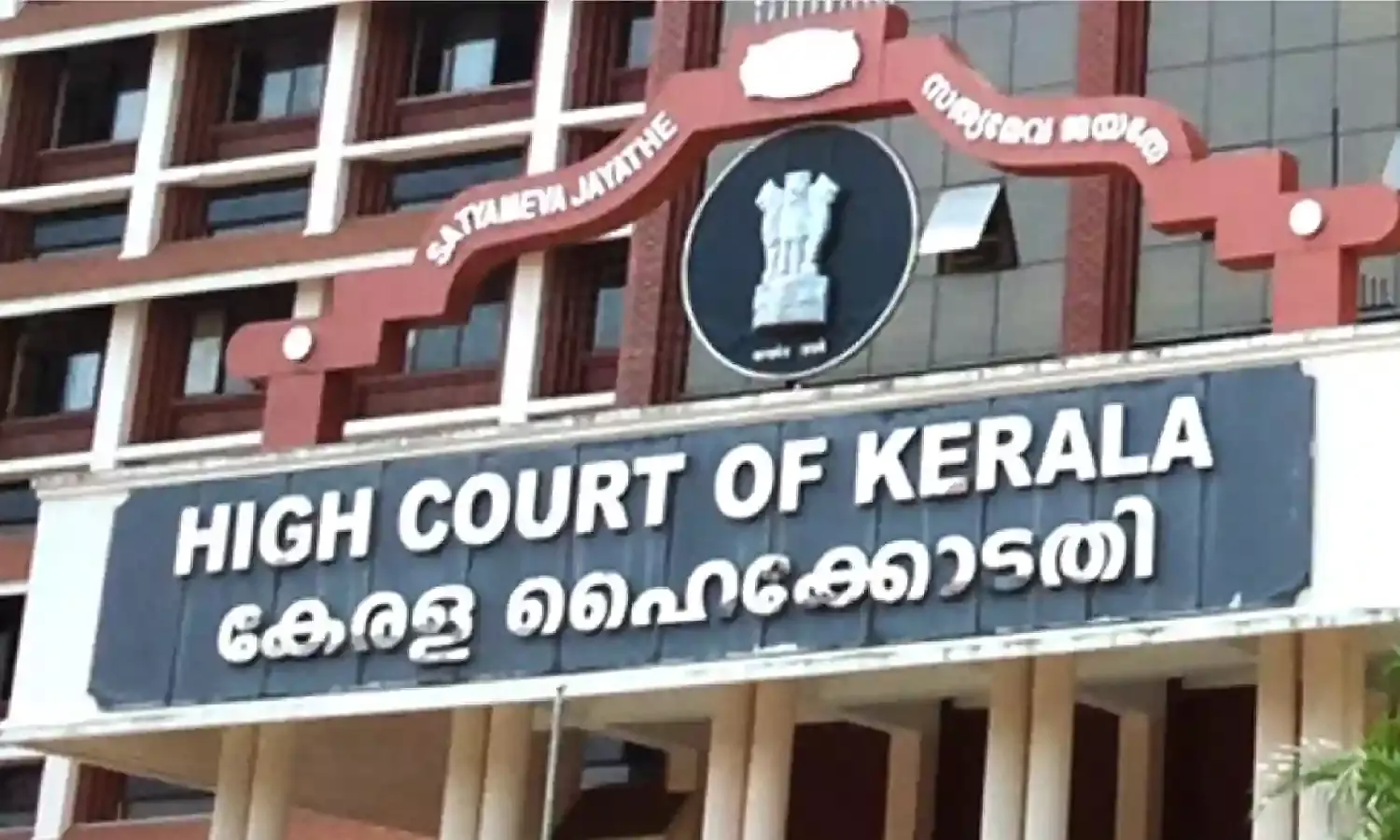Lifting Dhoti To Show His Private Part & Asking Minor To Measure It Constitutes Sexual Harassment Under POCSO Act: Kerala High Court
The Kerala High Court observed that the actions of a man allegedly lifting his dhoti to expose himself to a minor and asking her to measure his private part would prima facie constitute sexual harassment of a minor, punishable under Section 11 of the Protection of Children from Sexual Offences Act (POCSO Act).
The case arose from a petition filed by the accused seeking discharge from criminal proceedings initiated against him. Following the minor's immediate complaint to her mother about the alleged incident, criminal proceedings were initiated and the accused sought discharge from the Special Court, which was denied.
A Bench of Justice A. Badharudeen held, “lifting of dhothi to show his private part, and then asking the victim to measure his penis, are the allegations. The same would squarely attract Section 11(1) of the PoCSO Act as well as under Section 509 of IPC, prima facie.”
These actions, according to the Court, prima facie constitute sexual harassment under Section 11(1) of the POCSO Act and an offence under Section 509 of the IPC, which deals with insulting the modesty of a woman through words, gestures, or acts.
Advocate Eldho Paul appeared for the Petitioner and Senior Public Prosecutor Renjit George appeared for the Respondent.
The Court emphasized that both POCSO Act and IPC require the presence of intention — sexual intent in the former and intent to insult modesty in the latter. It clarified that its observations were preliminary and that the determination of guilt or innocence would be made during the trial.
Upon reviewing the minor's statement detailing the incident, the High Court opined that the accused's behavior met the criteria for sexual harassment under the POCSO Act and IPC. The Court said, “prima facie, the ingredients to attract offences punishable under Section 509 of IPC as well as under Section 11(1) r/w 12 of PoCSO Act have been made out by the prosecution. The question as to whether the accused had the required sexual intent is a matter of evidence and the same is available during trial alone.”
The Court also referenced Section 30 of the POCSO Act, which presumes a culpable mental state on the part of the accused unless proven otherwise beyond reasonable doubt. The Court added, “So culpable mental state on the part of the accused shall be presumed by the Court and it is for the accused to prove that he had no such mental state with respect to the charge for the offence in the prosecution.”
Consequently, the High Court dismissed the petitioner's appeal and upheld the decision of the Special Court to deny his discharge from the case.
Cause Title: XXXX v. State of Kerala & Ors., [2024/KER/52950]
Appearance:
Petitioner: Advocates Eldho Paul and Tessy Jose
Click here to read/download Order












